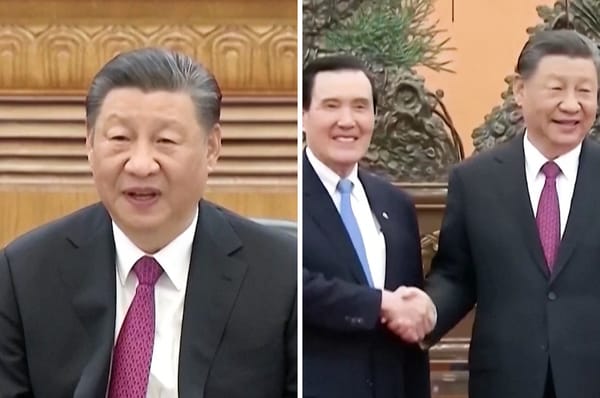In A Historic Referendum, People In Ecuador Have Voted To Protect The Amazon By Stopping Oil Drilling
In a single hectare of land in the Yasuní national park, there are more insect species than in all of North America and more species of trees and plants than in any other hectare on Earth.
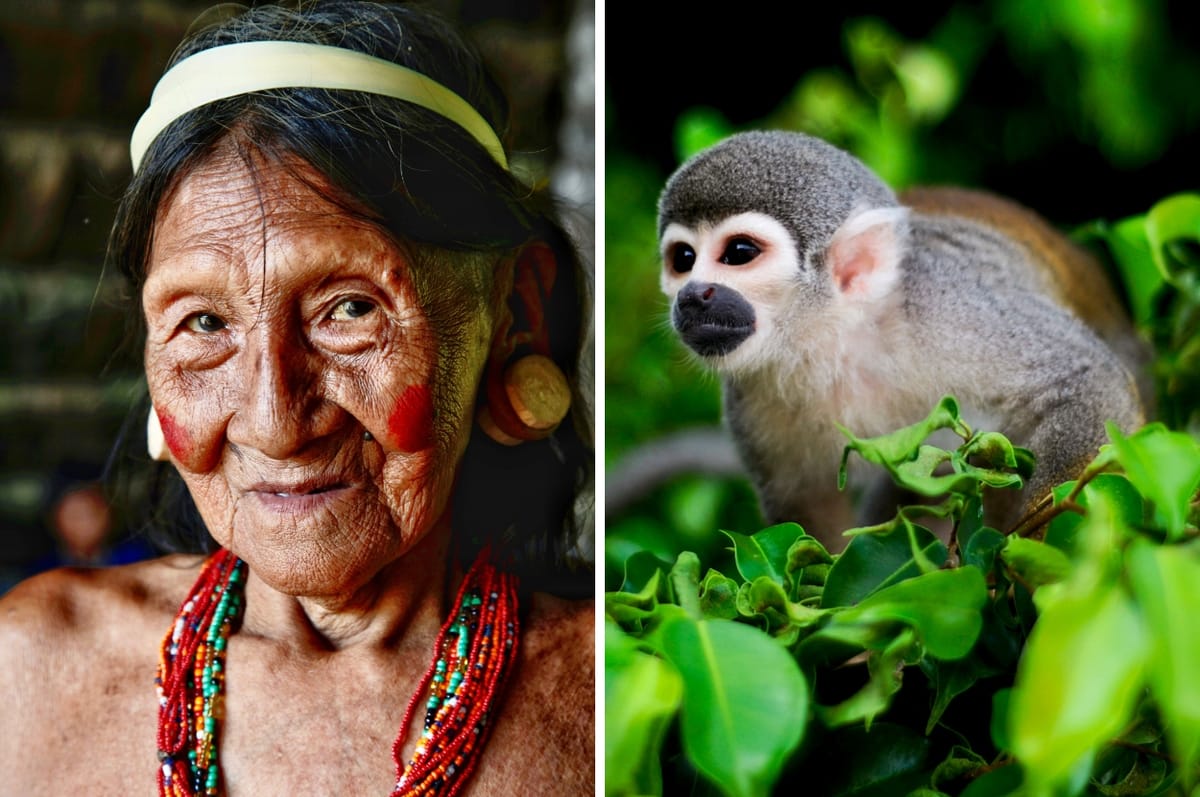
In a historic referendum, people in Ecuador have voted to protect one of the Amazon rainforest’s most biodiverse areas by halting oil drilling.
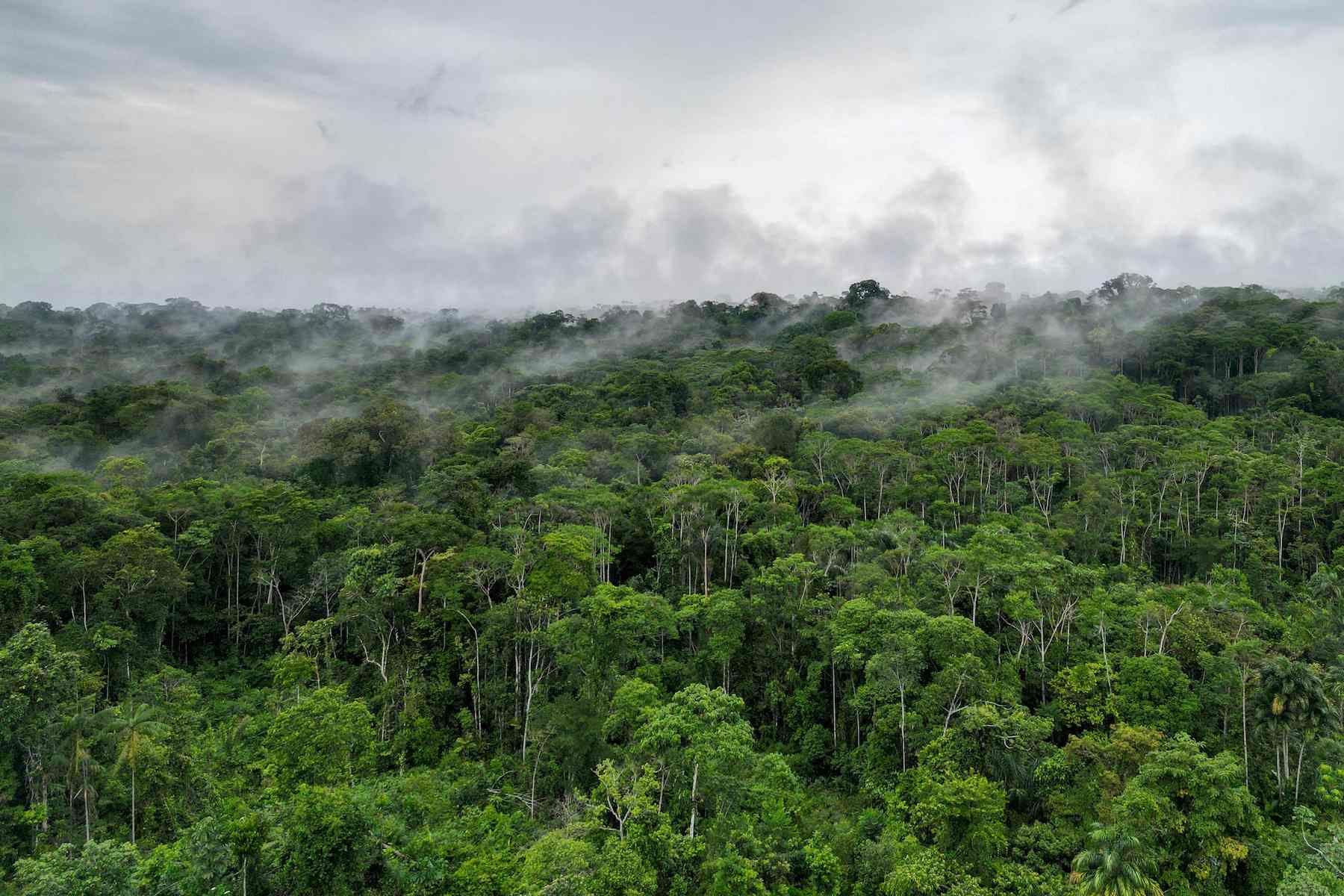
The Yasuni National Park in eastern Ecuador is one of the most ecologically rich places on Earth.
In a single hectare of land in Yasuní, there are more insect species than in all of North America and more species of trees and plants than in any other hectare on Earth.
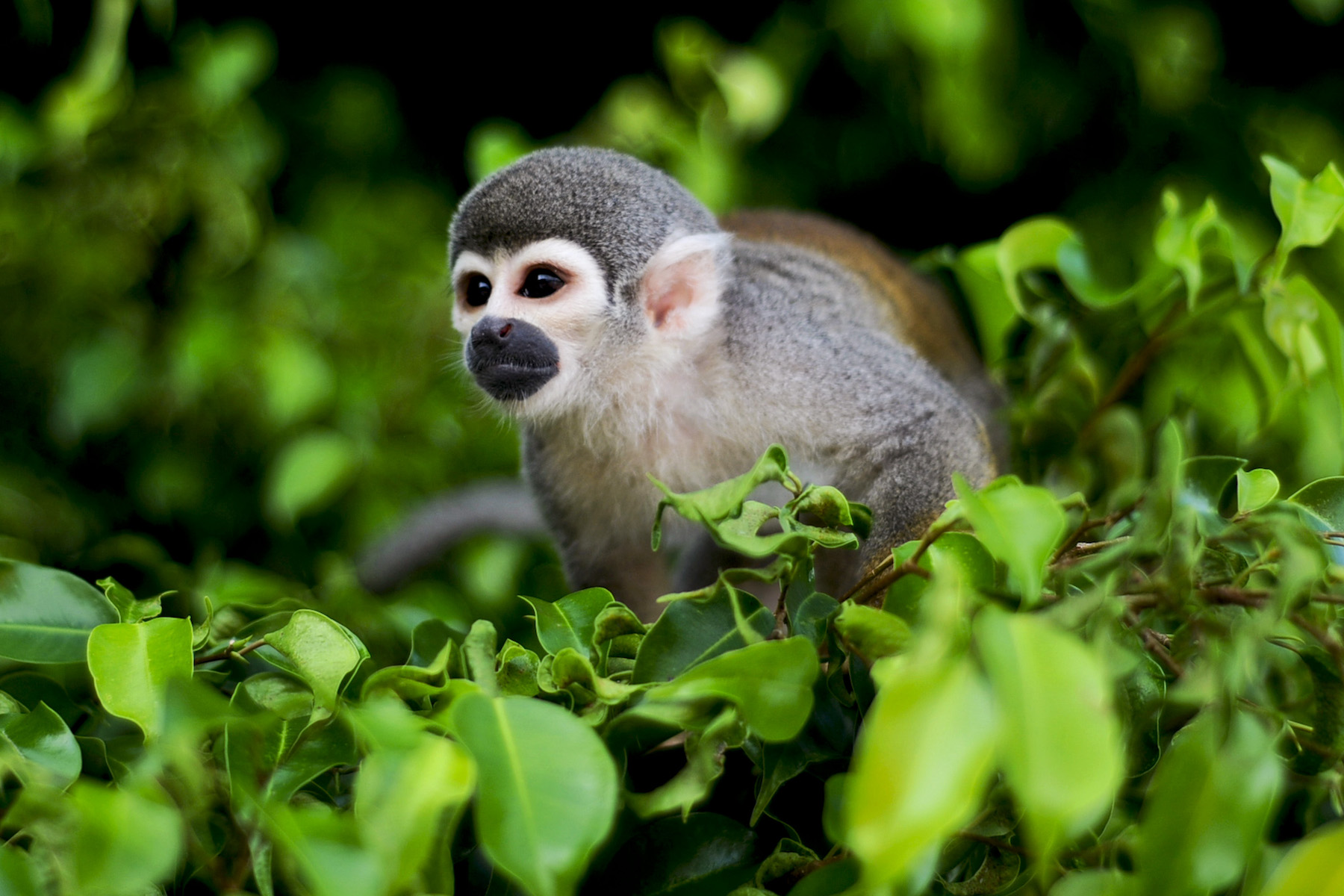
It is also home to the Tagaeri and Taromenane, two Indigenous tribes that live in voluntary isolation from the outside world.
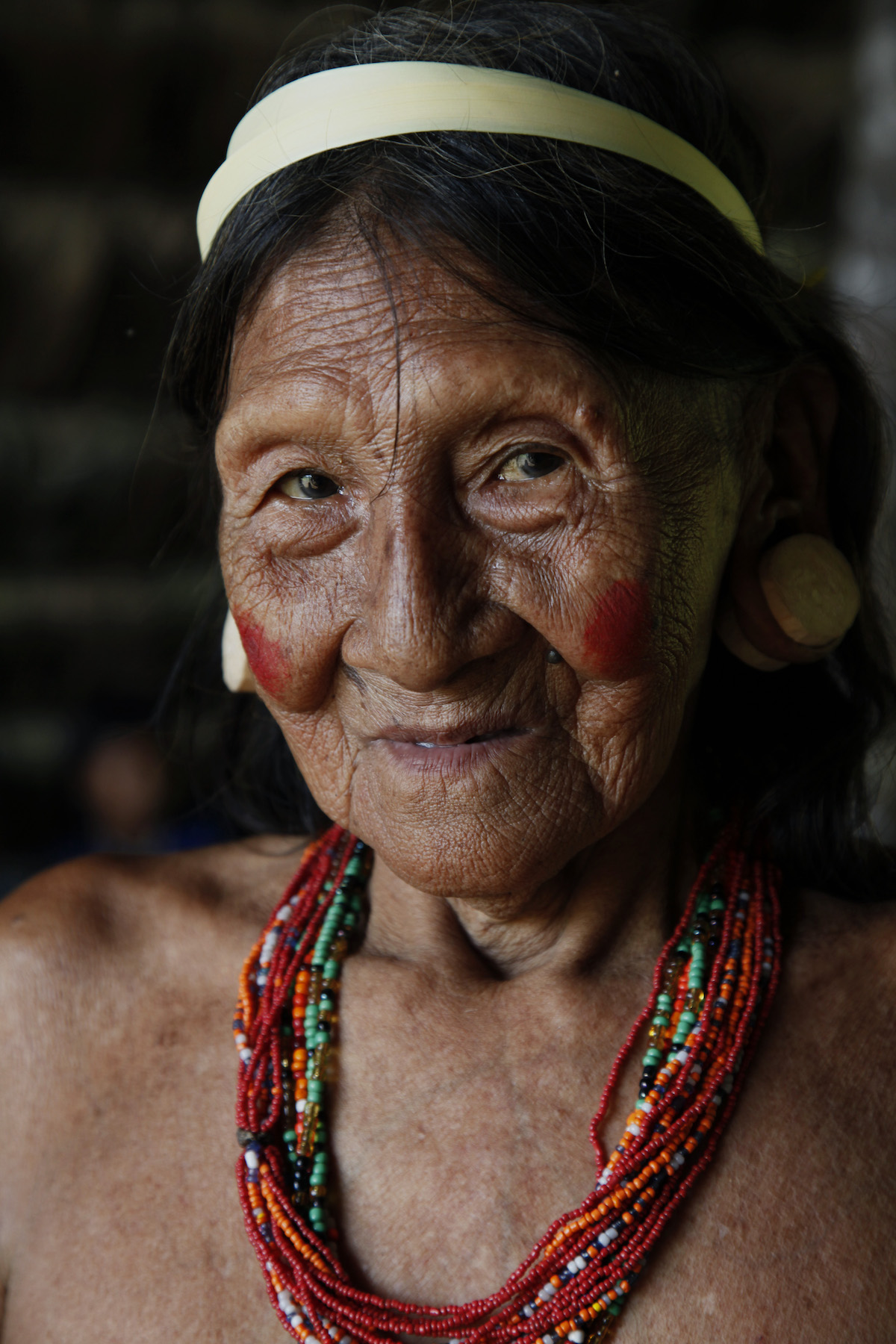
The area is also happens to hold Ecuador’s largest reserve of crude oil, which is Ecuador’s most important export.
The oil drilled from the area accounts for about 12% of Ecuador’s daily crude oil output, according to Reuters.
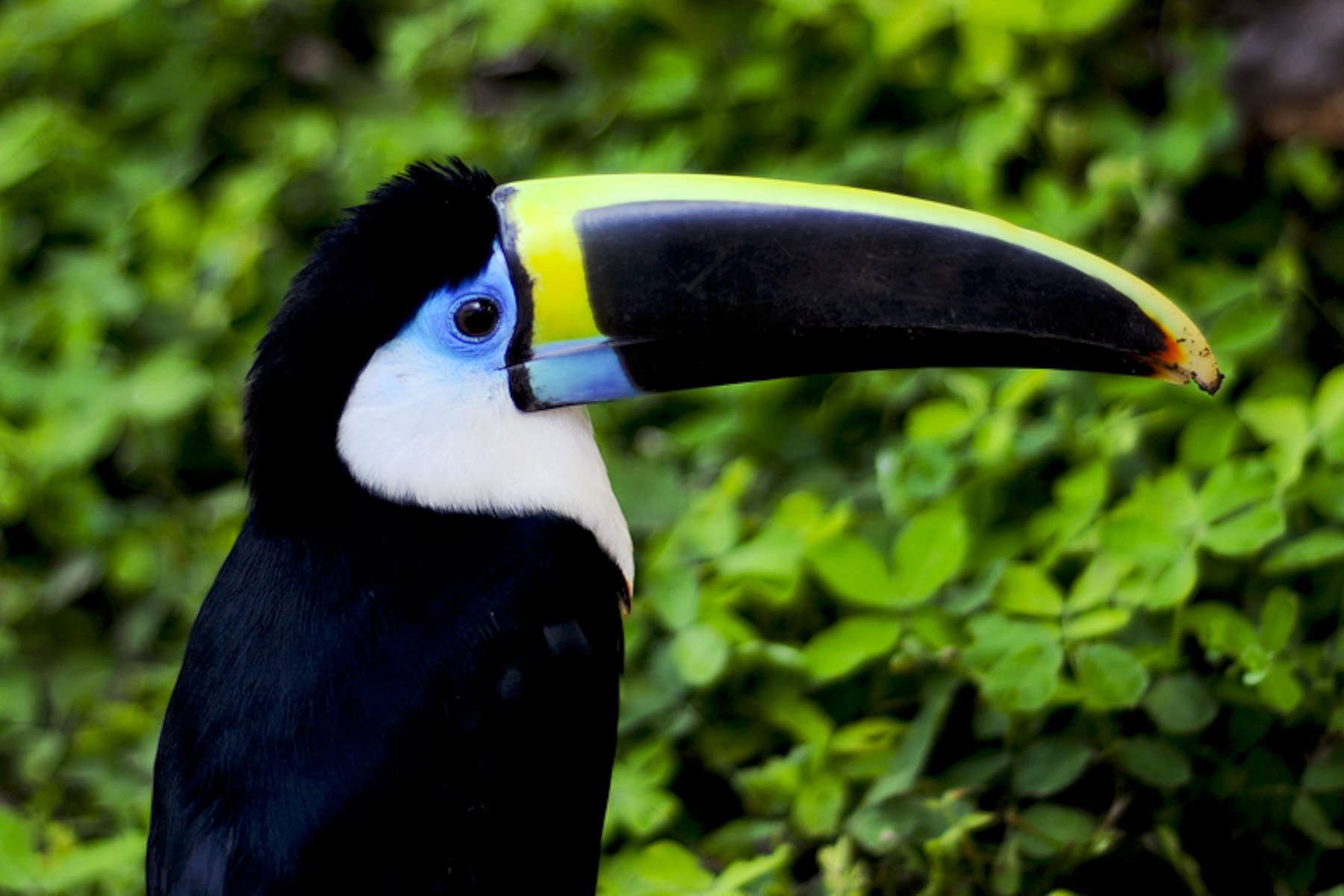
In 2007, former Ecuadorian president Rafael Correa launched a campaign to keep the oil in the ground.
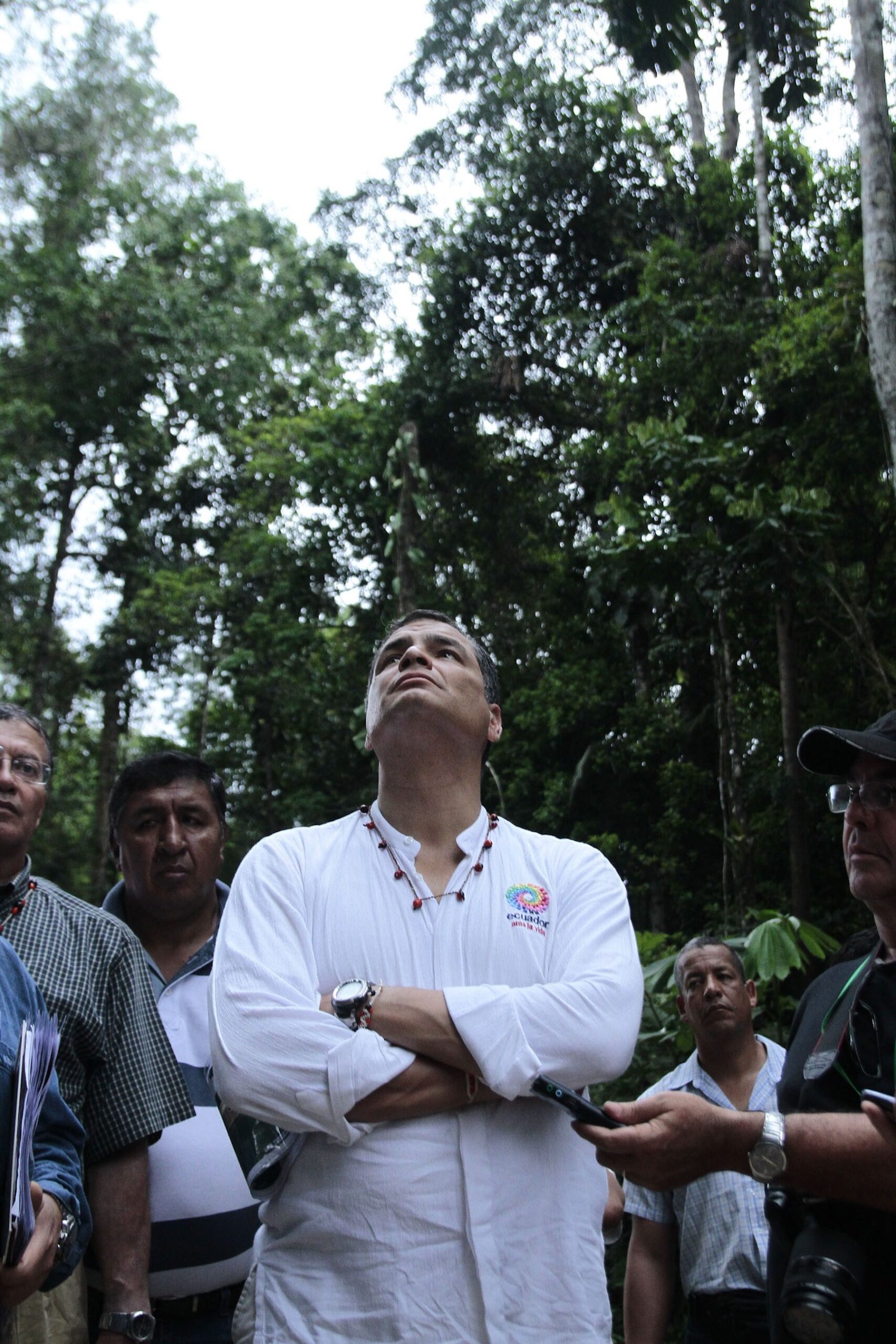
Correa’s proposal asked for wealthy countries to pay US$3.6 billion – half of the estimated value of the oil reserves – for Ecuador to keep the oil in the ground.
However, despite six years of campaigning, Correa was unsuccessful and announced that drilling would begin.
In 2013, a group of a youth climate activist group named YASunidos and Indigenous leaders took over the campaign.
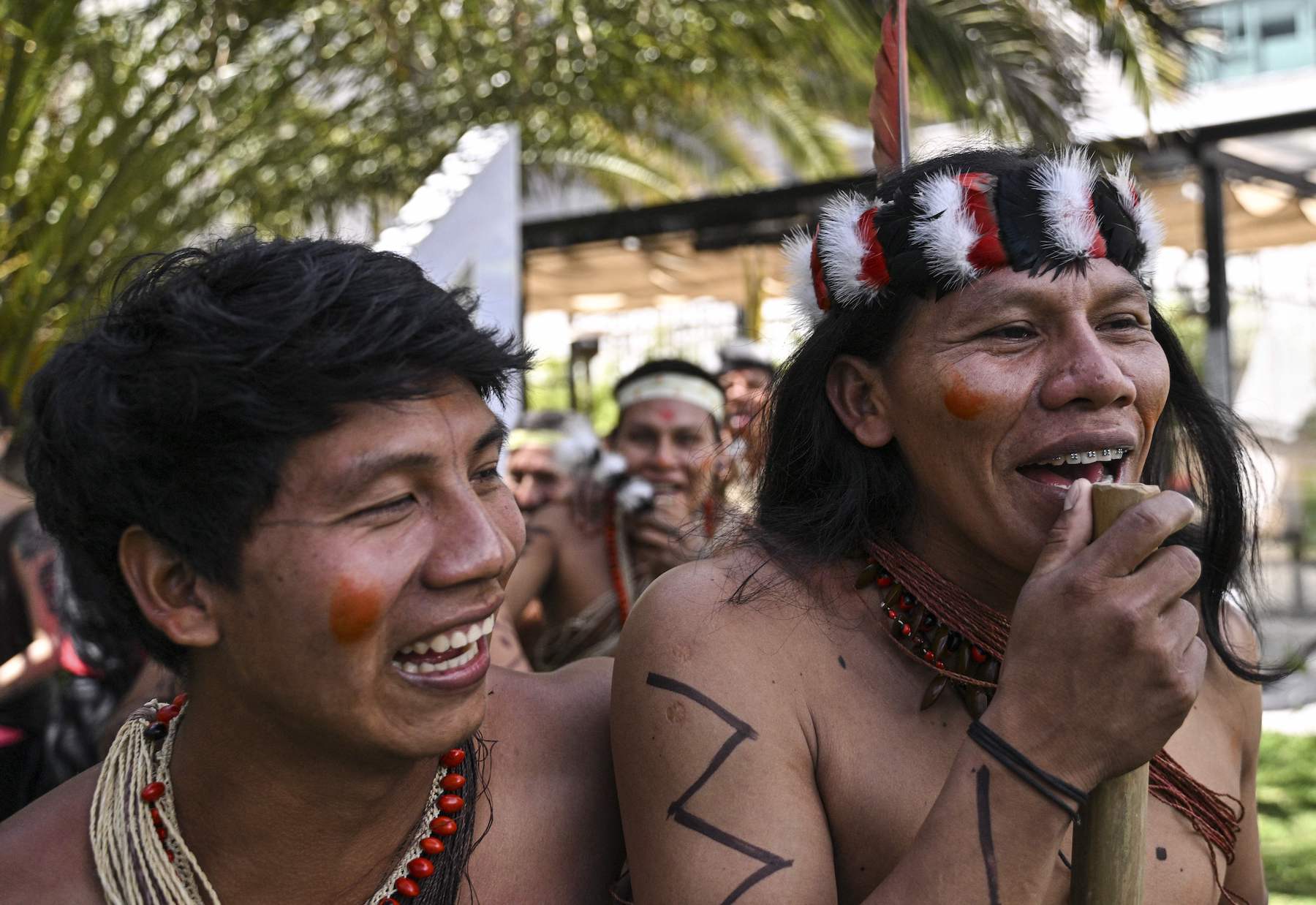
The group started to collect signatures for a referendum to ask the people of Ecuador whether they agree the government should leave the crude of the area below ground indefinitely.
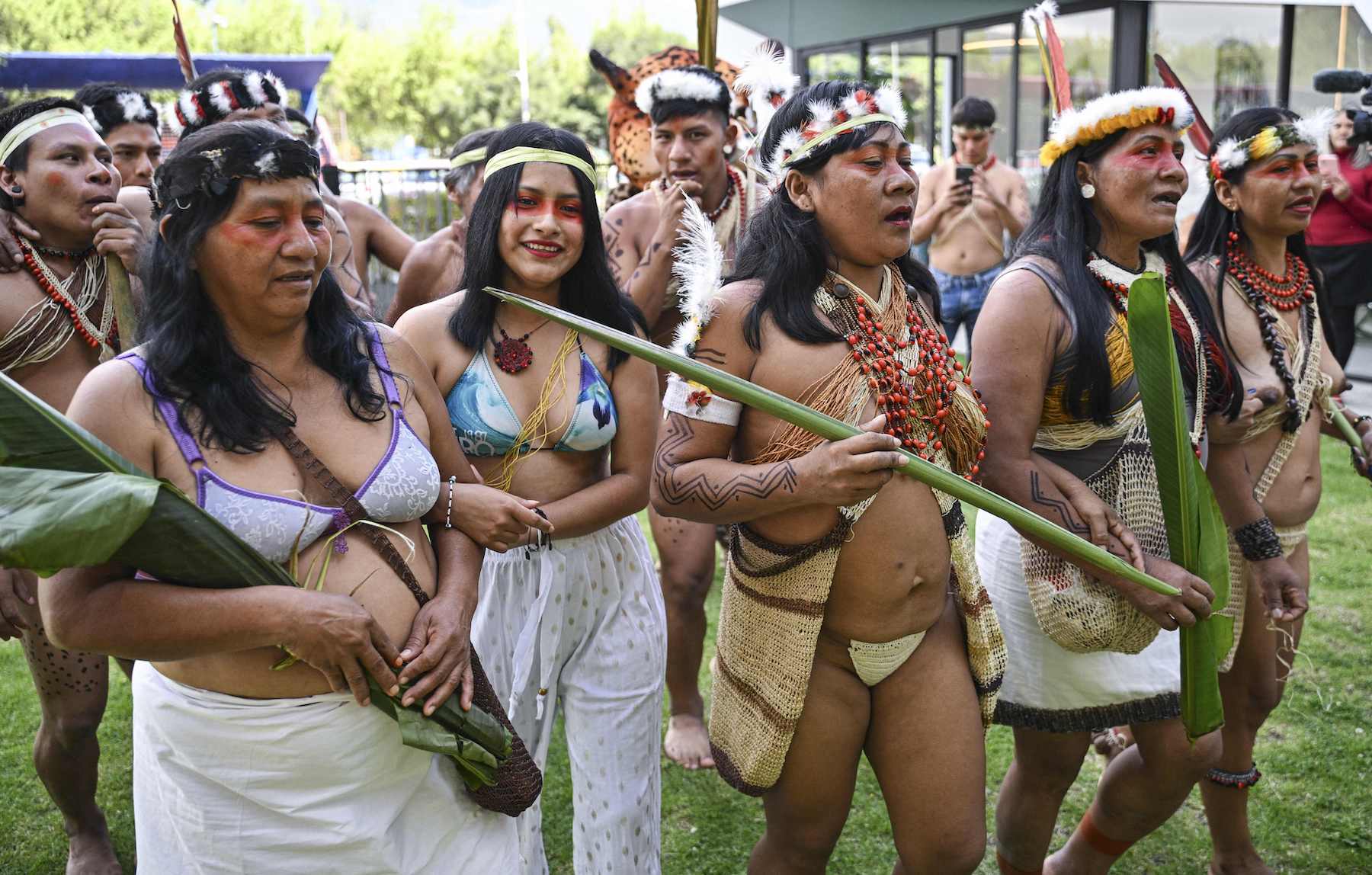
They gathered more than 757,000 signatures, almost 200,000 more than the required number to trigger a referendum.
However, the electoral council accused the organization of forging and duplicating signatures and voided more than half of the signatures.
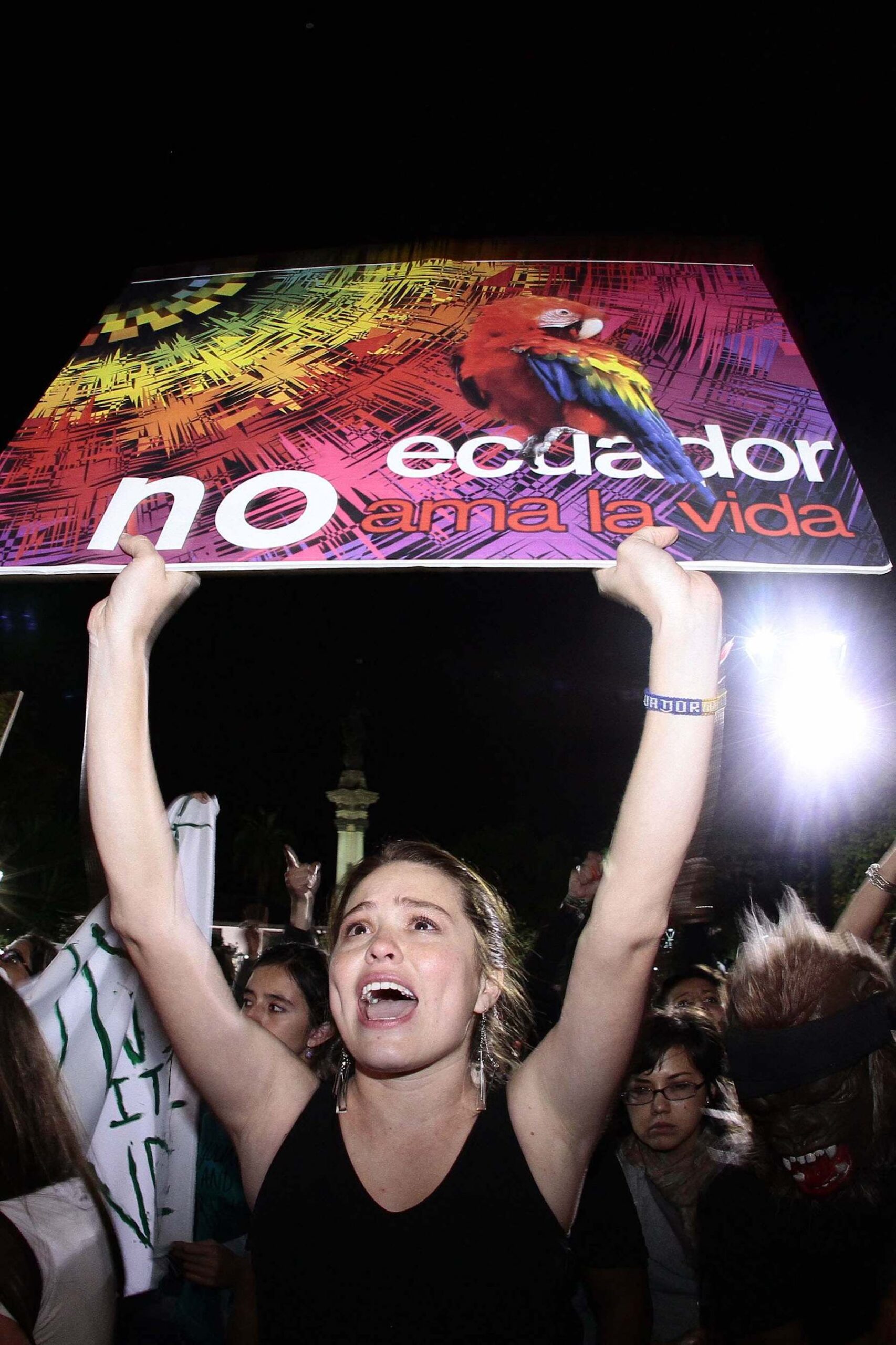
Now, almost 10 years after its inception and despite multiple setbacks, a referendum was finally held on Sunday Sep. 12 in conjunction with the presidential elections, passing with almost 59% of votes from the population, effectively banning oil drilling in the area.
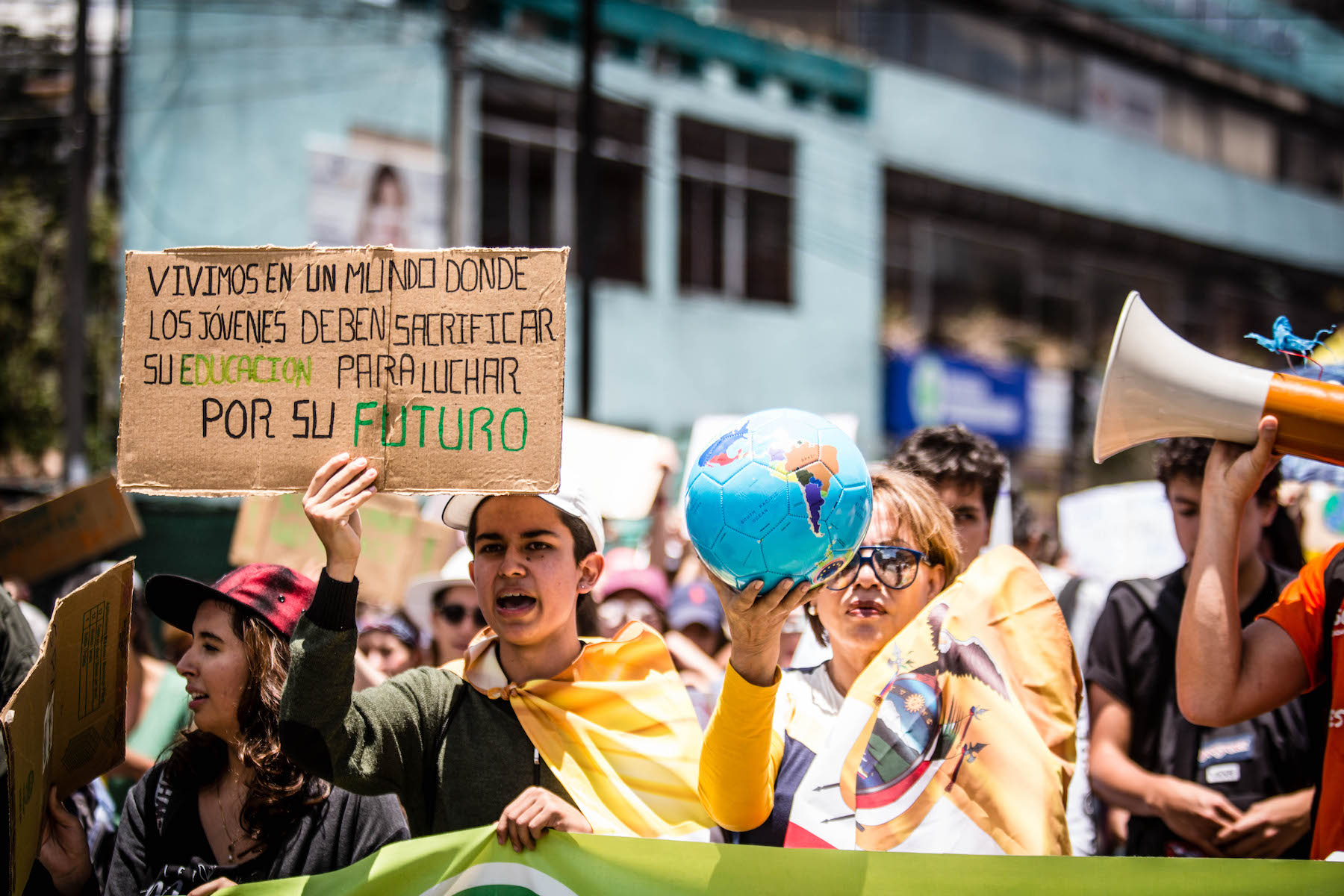
In addition, around 68% people voted to ban mining in the Choco Andino forest, northwest of the capital, Quito.
“Today we make history,” YASunidos wrote on Twitter, “This is the first time that a country decides to defend life and leave oil underground.”
“We have saved the greatest biodiversity and we have saved the communities in voluntary isolation,” president of the Waorani Indigenous community, Juan Bay, said.
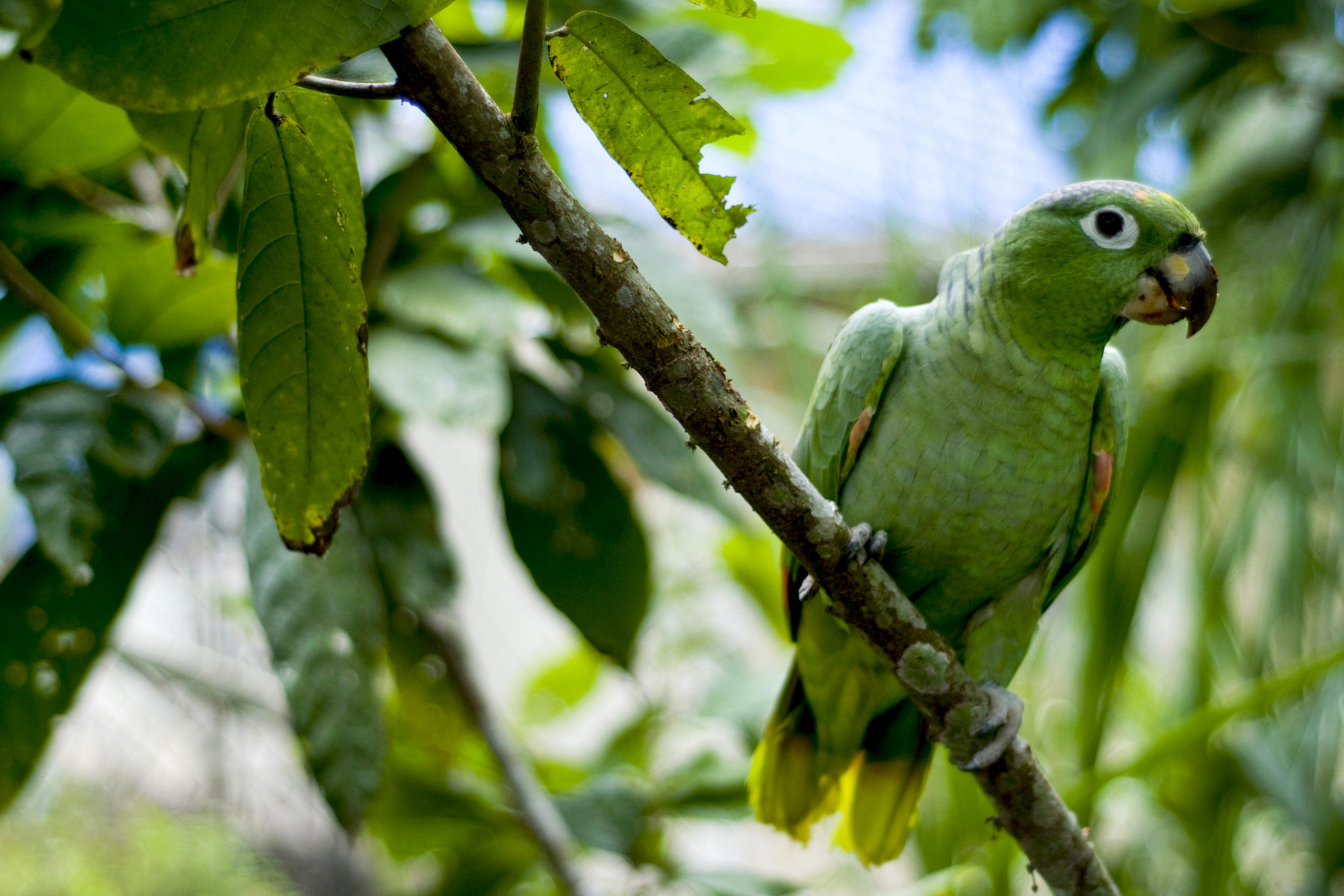
The state oil company, Petroecuador, now has a year and half to cease operations and teardown infrastructure in the area.




